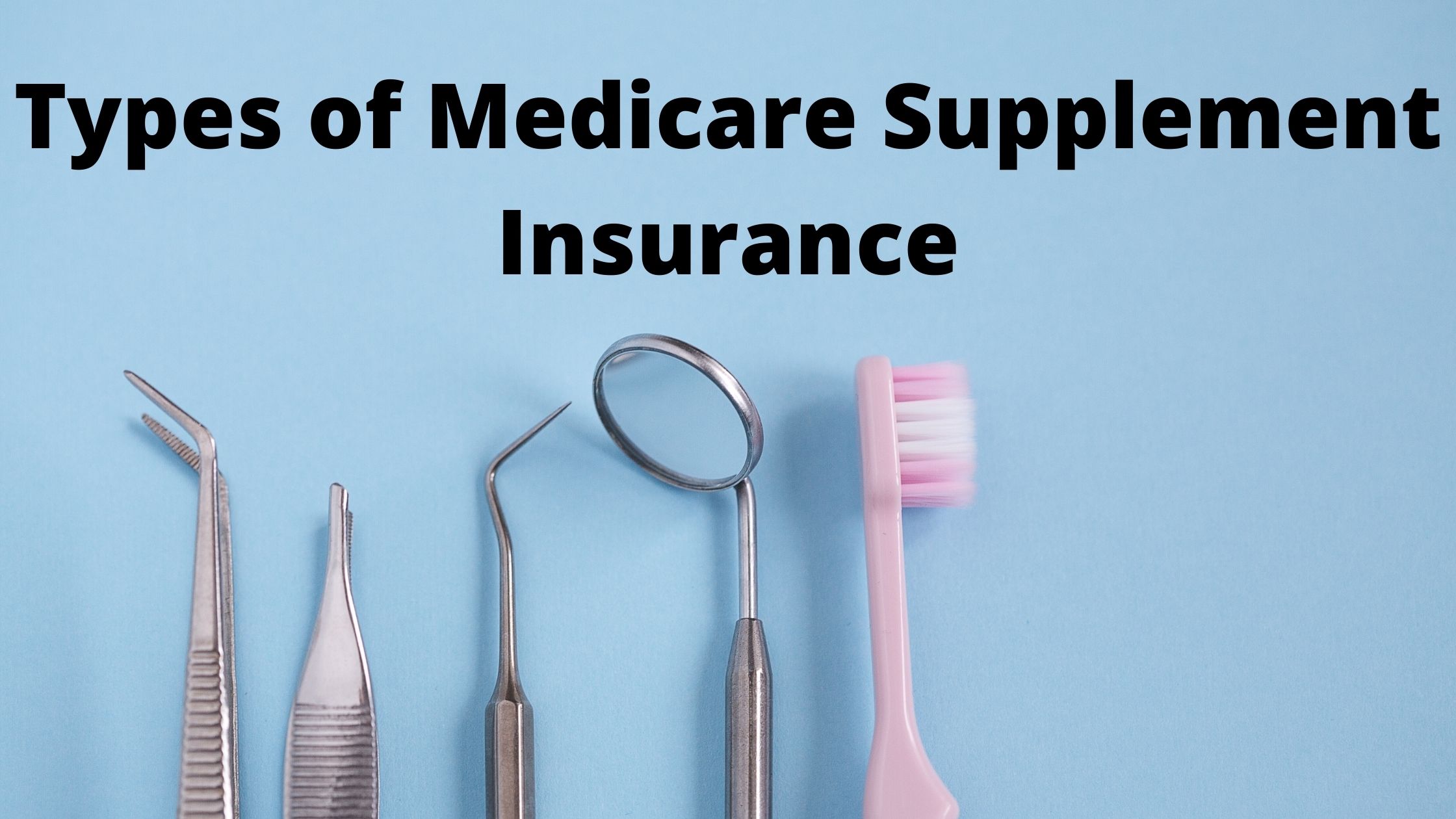Medicare Supplement Insurance (MSA) is a type of insurance that can help cover some of the costs associated with Medicare. If you’re age 65 or older, you may be eligible for MSA. Here are three things to know about MSA:
1. You may be able to get MSA even if you don’t have Medicare coverage.
2. MSA can help pay for prescription drugs, long-term care services, and other health care costs that Medicare doesn’t cover.
3. MSA premiums typically aren’t very expensive, and there are many generous benefits available with MSA plans.
If you’re age 65 or older and think you might need MSA, it’s important to talk to your doctor or health insurance representative to see if you’re eligible and what the best plan would be for you.
What is Medicare Supplement Insurance?
When you reach the age of 65, you are eligible for Medicare. This program provides healthcare coverage for seniors and people with disabilities. Medicare also includes a number of optional programs, including Medicare Supplement Insurance.
Medicare Supplement Insurance (MSI) is insurance that supplements Medicare. It can help pay for costs not covered by Medicare, such as prescription drugs and long-term care. MSI can also provide protection from financial losses if you need to use supplemental insurance to cover expenses not covered by Medicare.
There are a few things to keep in mind when deciding whether to get MSI:
1. You may be better off without MSI if you have significant coverage through other sources, like an employer or government health plan. Medicare only covers a limited number of services, so most medical expenses will still be covered by other sources.
2. If you have good coverage through an employer or government health plan, you may not need MSI. However, if you have less comprehensive coverage or if you have an income below a certain threshold, you may want to consider getting MSI.
3. You should also consider getting MSI if you expect to need expensive long-
Types of Medicare Supplement Insurance
If you are over the age of 65 and have Medicare, you may be eligible for a Medicare supplement insurance plan. There are a few different types of Medicare supplement insurance plans, so it is important to know what is best for you.
One type of Medicare supplement insurance plan is known as a Medigap Plan. A Medigap Plan covers some of the costs not covered by Medicare, such as deductibles and copayments. Medigap Plans can be expensive, but they can also be very affordable if you use them correctly.
Another type of Medicare supplement insurance plan is known as an End-Stage Renal Disease (ESRD) Policy. ESRD Policies cover expenses related to kidney failure, such as home health care and prescription drugs. ESRD Policies can be very expensive, but they can also be very affordable if you use them correctly.
It is important to compare different types of Medicare supplement insurance plans before selecting one. You can find information on all of the different types of Medicare supplement insurance plans on our website, www.medicareadvisor.com
When Should You Get Medicare Supplement Insurance?
If you are over the age of 65, have a full time job, and are not covered by Medicare, then you may want to consider getting Medicare supplement insurance. This type of insurance is designed to cover some of the expenses that are not covered by Medicare. There are a few things to keep in mind when deciding if Medicare supplement insurance is right for you.
First, it is important to remember that Medicare does not cover all of your health care costs. Medicare only covers expenses that are related to hospital stays, physician consultations, and prescription drugs. So if you have expensive medical bills that are not covered by Medicare, then supplemental insurance may be worth considering.
Another thing to keep in mind is that Medicare supplement insurance policies can be very expensive. This is because they typically cover a much wider range of costs than what is covered by Medicare. So if you only need coverage for a few specific costs, then a policy from a particular insurer may be cheaper than a policy from another insurer. However, if you need coverage for almost all of your medical expenses, then a policy from one of the more popular insurers may be more expensive than a policy from a smaller insurer.
Conclusion
If you are over the age of 65 and have a relatively low income, you may be eligible for Medicare Supplement Insurance. Medicare Supplement Insurance is an optional insurance plan that helps cover some of the costs associated with receiving care from the Medicare program. The policy provides coverage for doctors’ visits, hospital stays, outpatient medical services, and more. If you are interested in finding out if you are eligible for Medicare Supplement Insurance, visit medicare.gov or call 1-800-MEDICARE (1-800-633-4227).


